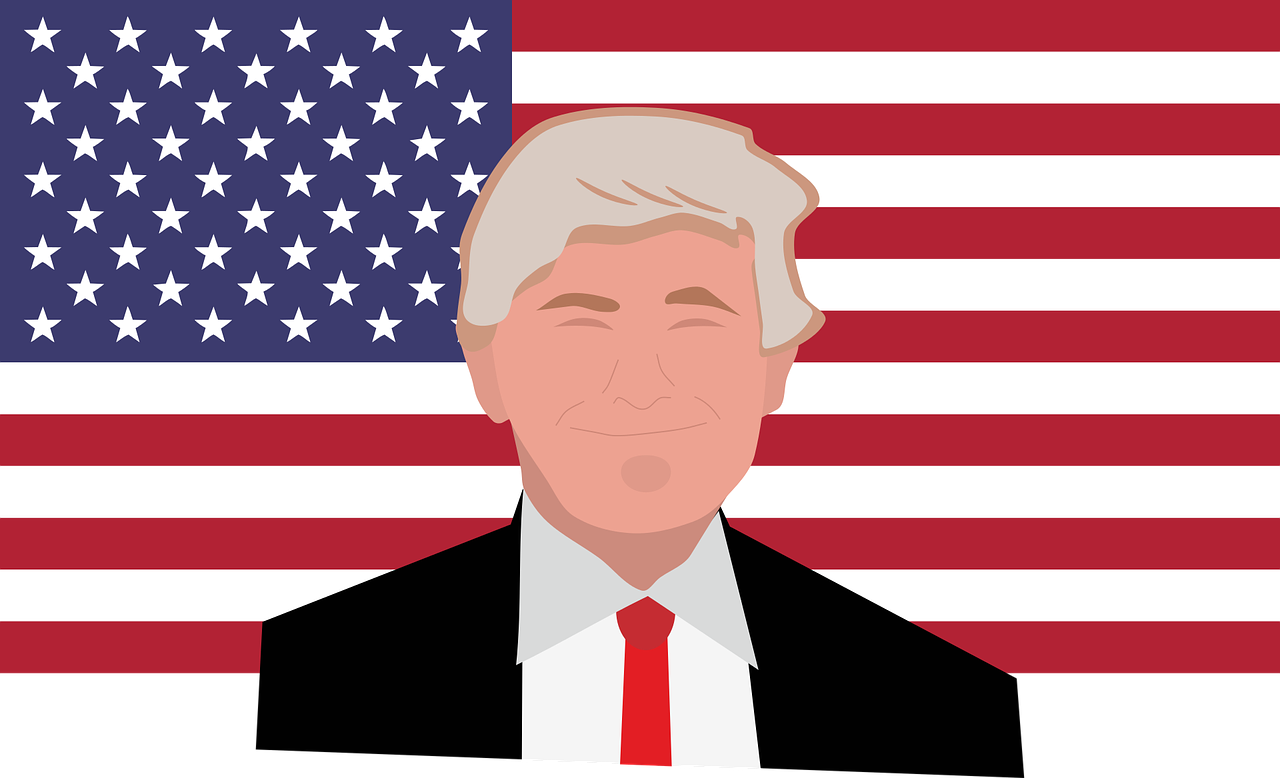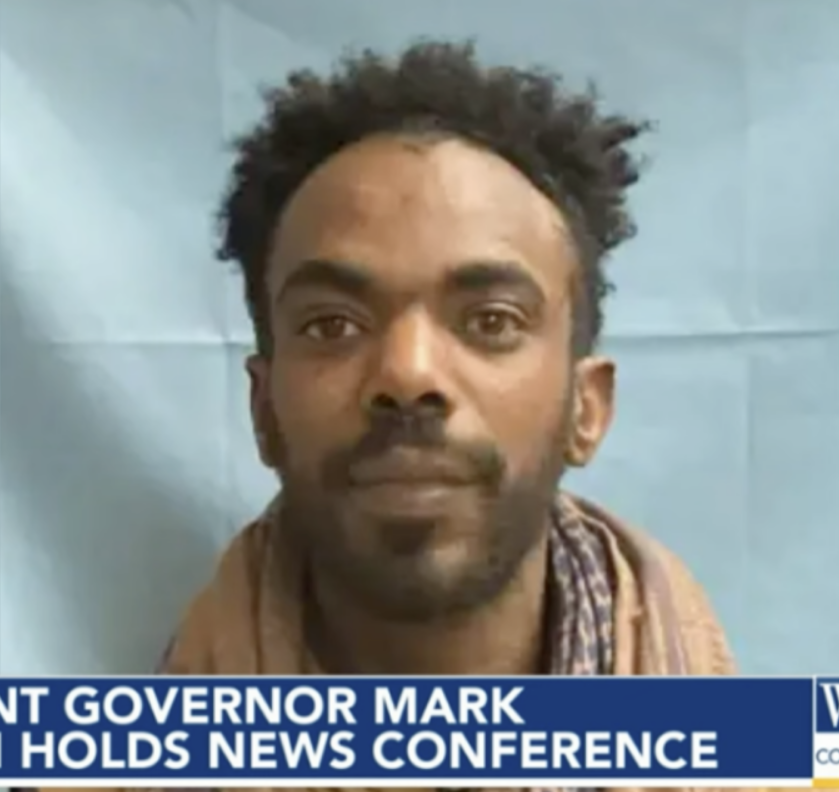Visa Lawyer Blog: How to Prepare for the Trump Administration and prepare employment-based visa applicants — November 22, 2024
It has been difficult to know what lies ahead for foreign workers because of this. For that reason, it has been hard to know exactly what lies ahead for foreign workers.
While we don’t have all the answers, Trump’s track record on employment-based immigration helps provide insights into the changes we are likely to see during his second term.
To help readers understand how the incoming Trump administration may impact employment-based immigration, we have drawn up the top five areas where there is a high likelihood that changes may be introduced either by executive action or internal policymaking.
This information is based on our collective experience dealing with immigration agencies during Trump’s first term in office. This information is not set in stone. Immigration policies are likely to evolve as the Trump administration settles in and as the political climate becomes more balanced.
Increasing Vetting and Processing Times for Employment-Based Workers
Foreign workers who plan to file employment-based cases should be aware of the following potential changes in the months ahead.
The Return of Employment-Based Green Card Interviews?
In 2017, the Trump administration made the employment-based green card application process much more difficult when it required adjustment of status applicants to attend in-person interviews.
- This directive was handed down with the passage of Trump’s executive order known as “Protecting the Nation from Foreign Terrorist Entry Into the United States.” This executive order was meant to crack down on immigration, by combating fraud and abuse in the green card process.
The decision to reinstate visa interviews for employment-based green card applicants led to a sharp increase in processing times at USCIS offices nationwide. This was due to the increased demand for interviews and limited resources available to accommodate the surge in applicants.
While in-person interviews are generally required under the law, prior to Trump’s presidency, the U.S. Citizenship and Immigration Services (USCIS) waived in-person interviews for a broad category of applicants, including employment-based green card applicants to better allocate resources toward higher risk cases.
Employment-based green card applicants were traditionally considered at much “lower risk” of committing fraud and abuse, because such applicants must demonstrate that they possess extraordinary skills, professional qualifications, or that their employment is in the National Interest of the United States government, before applying for the green card. In that sense, such applicants have already been vetted by officers.
Nevertheless, Trump’s actions suspending the interview waiver program stopped short of requiring interviews for other exempted categories, such as fiances and parents of U.S. Citizens.
Frankly, it made little sense to require employment-based applicants to attend in-person interviews considering that their applications pose little threat to our national security.
The incoming Trump administration could once again revert to requiring in-person interviews for employment-based adjustment of status cases, which would certainly extend processing times and slow down the green card process significantly.
Unfortunately, applicants need to be aware of this possibility and be prepared for longer wait times to be interviewed and receive the green card.
A Stricter Public Charge Rule for Green Card and Immigrant Visa Applicants
The Trump administration is likely to resurrect its stricter version of the public charge rule for green card and immigrant visa applicants, causing more barriers for approval.
- Established by Congress, the “public charge” rule states that individuals seeking to immigrate to the U.S. or adjust their status to lawful permanent residency, can be denied a green card, if they are deemed likely to become a “public charge.” This is defined as someone who will depend on government assistance for their basic needs.
In 2019, the Trump administration expanded the criteria used by USCIS and Consular officials to determine whether an immigrant is likely to become a public charge. Under Trump’s new rule, the use of public benefits (like food stamps, Medicaid, and housing assistance) were factors that were considered in public charge determinations, making it more difficult for immigrants to obtain a green card.
The Biden administration dismantled Trump’s stricter public charge rule after taking office.
Trump is very likely to reinstate his stricter public charge rule, leading to a higher rate of denials for those who have taken public benefits from prohibited aid programs.
To revisit the rule, please read our blog post here.
Obstacles for Visa Processing at Consulates Overseas
During Trump’s first term in office, he passed a series of executive orders imposing travel restrictions, the most famous of which were the “Muslim travel bans.”
- The Muslim travel bans were established by executive order, temporarily prohibiting travelers from seven predominantly Muslim countries from entering the United States including Iran, Iraq, Libya, Somalia, Sudan, Syria, and Yemen.
During the Coronavirus pandemic, other travel restrictions were imposed which prevented travelers from the Schengen-countries from entering the United States.
The Trump campaign has renewed calls to bring back the Muslim travel bans. This could affect the entry of U.S. Visa holders and visa applicants who are from the seven countries that were affected by the ban. Those affected should ensure they receive visa stamping and enter the United States prior to Trump’s inauguration on January 20th.
Longer Processing Times and Increase in RFEs for Employment-Based Petitions
During Trump’s first term in office, Consular officers and USCIS officials engaged in a heightened degree of scrutiny of work visa applications, including H-1B, O-1, L-1, TN, and EB-2 national interest waivers.
- Under Trump, the rate of requests for evidence and denials issued by USCIS skyrocketed. These denials disproportionately affected H-1B workers, and O-1 visa seekers. Many highly skilled and exceptionally talented workers were denied visas or given denials. In the future, applicants may find it more difficult to prove that their endeavors have national significance for the U.S. Government. The Trump administration is likely to continue to favor applicants who advance the national interest in STEM fields. The new administration may change the way approvals are granted, making it more difficult to get approved. Citizenship and Immigration Services. Ensure that your application is supported by credible documentation to avoid the issuance of requests for evidence (RFEs) or notices of intent to deny (NOIDs).
Develop a plan of action with your immigration attorney as early as possible. Your plan of action should consider alternative visa types or strategies in case of denial.
Obstacles for H-1B Workers
We expect the H-1B visa program to come under fire. Approvals became increasingly difficult during Trump’s first tenure. The rising number of requests for evidence (RFEs) and denials were issued at an alarming rate.
Entry level prevailing wages led to increased scrutiny after the issuance of the executive order, “Buy American and Hire American.” Yet again, internal policies and memorandums required USCIS officers to interpret the law narrowly, leading to a surge in denials and longer processing times.
To make matters worse, the Trump administration suspended premium processing service for H-1B petitions.
Receiving an extension may also prove difficult. Trump, during his first term in office, dismantled the long-standing USCIS policy that required the agency to defer to previous approvals for extensions. Donald Trump may end the deference policy. The Biden Administration revived it, but Donald Trump could very well end it. H-4 spouses are encouraged to file their renewal applications as soon as possible. If H-4 EADs are terminated, it is very likely that H-4 spouses will be allowed to continue to use their existing EADs until their expiration.
How to Prepare: Create Your Plan of Action Now
- No matter what actions the Trump administration takes, it is important for employment-based applicants to be well prepared for the challenges that may lie ahead.
For many, processing delays and higher scrutiny are very likely to become a reality. Preparing a plan of action that takes into consideration alternative visa types, as well as your immigration needs will help ensure your success.
If you are planning to file an I-140 petition or have a pending I-140 petition with USCIS, you must consider using premium processing service to receive a decision as early as possible.
If you have an approved PERM, you should consult your employer and attorney to file the I-140 under premium processing as early as possible.
Regardless of where you are in the immigration process, we are here for you. If you need help planning for the future, please schedule a consultation with us today.
Contact Us.
If you would like to schedule a consultation, please text 619-569-1768 or call 619-819-9204.
Helpful Links
JOIN OUR NEW FACEBOOK GROUP
Need more immigration updates?
We have created a new facebook group to address the impact of the new executive order and other changing developments related to COVID-19. Follow us there.
For more COVID 19 immigration updates, please visit our Immigration and COVID-19 Resources Center here.






